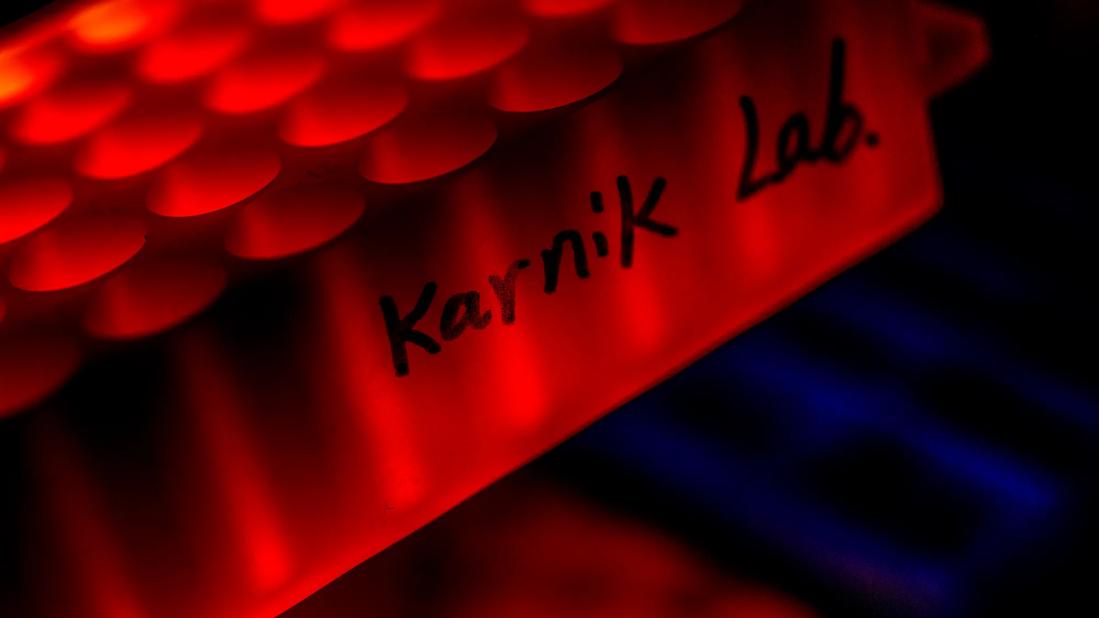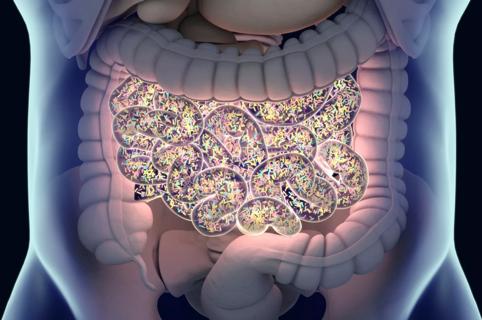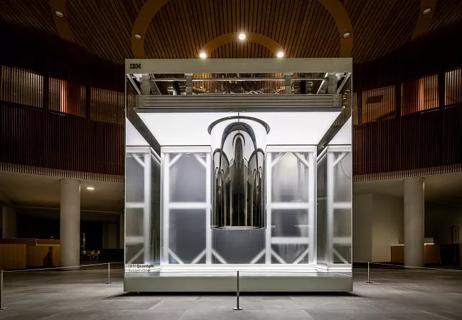Study of cardiac tissue samples suggests pharmacotherapy target

A new Cleveland Clinic Lerner Research Institute collaboration has demonstrated in human heart cells that increased expression of pro-collagen genes may lead to cardiac fibrosis and, eventually, heart failure. The findings were published in PLoS One.
Advertisement
Cleveland Clinic is a non-profit academic medical center. Advertising on our site helps support our mission. We do not endorse non-Cleveland Clinic products or services. Policy
The researchers, led by the lab of Sadashiva Karnik, PhD, Department of Molecular Cardiology, studied left ventricle tissue samples from heart donors and patients undergoing heart transplantation at Cleveland Clinic.
After comparing the cardiac tissue samples and conducting a series of experiments using drugs to stimulate or silence specific cellular pathways, the researchers found that levels of two proteins — MAS and connective tissue growth factor (CTGF) — were significantly higher in patients with heart failure than in individuals with healthy hearts, and that levels of the proteins were associated with one another. The researchers also found higher levels of collagen genes in the heart failure tissue.
It is widely accepted that MAS, a G protein-coupled receptor, is associated with heart function, although researchers disagree about whether it’s protective or a risk factor for heart disease. CTGF, on the other hand, is known to regulate collagen synthesis and cardiac fibroblast proliferation, which can lead to abnormal changes in the size, shape or structure of the heart. These findings suggest that MAS and CTGF may act together to control pro-collagen expression.
Through a series of protein analyses, researchers in the Karnik lab confirmed their hypothesis. They showed that when activated, the MAS receptor promotes phosphorylation of extracellular signal-related kinases 1 and 2 (ERK1/2), which directly mediates CTGF expression.
“Our data suggest that MAS and CTGF work together to control pro-collagen expression,” Dr. Karnik says. “We believe that when these proteins are overexpressed, possibly due to a genetic variant, collagen production goes unchecked and leads to cardiac fibrosis, which makes it more difficult for the heart to pump.”
Advertisement
While additional research is needed, he adds, the discovery that CTFG expression is downregulated by a novel experimental inhibitor of MAS makes the MAS/CTGF/collagen pathway an ideal target for future heart failure pharmacotherapies.
The study was supported by grants from the National Heart, Lung, and Blood Institute.
Advertisement
Advertisement

First full characterization of kidney microbiome unlocks potential to prevent kidney stones

Researchers identify potential path to retaining chemo sensitivity

Large-scale joint study links elevated TMAO blood levels and chronic kidney disease risk over time

Investigators are developing a deep learning model to predict health outcomes in ICUs.

Preclinical work promises large-scale data with minimal bias to inform development of clinical tests

Cleveland Clinic researchers pursue answers on basic science and clinical fronts

Study suggests sex-specific pathways show potential for sex-specific therapeutic approaches

Cleveland Clinic launches Quantum Innovation Catalyzer Program to help start-up companies access advanced research technology